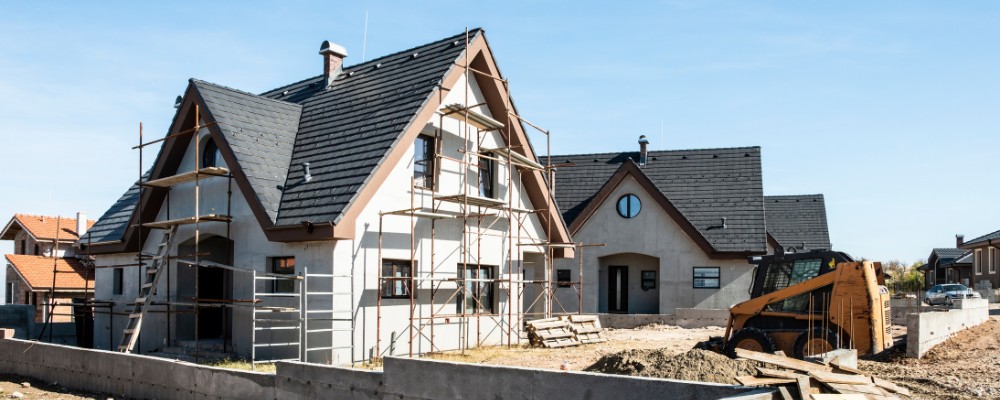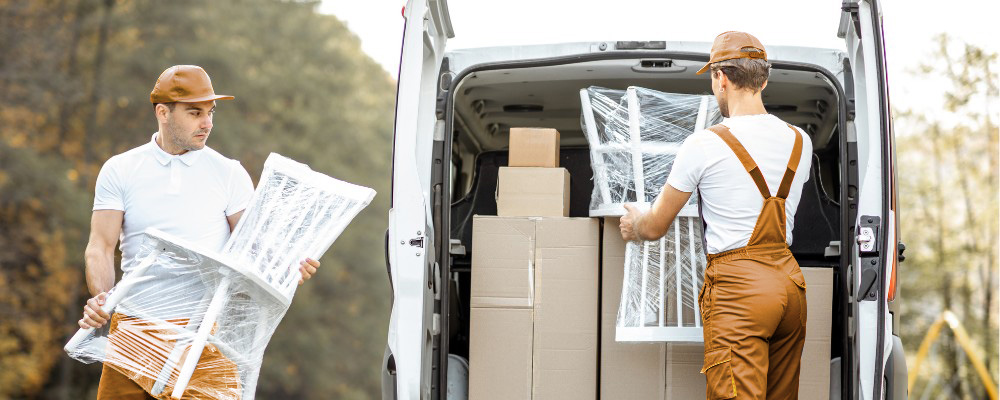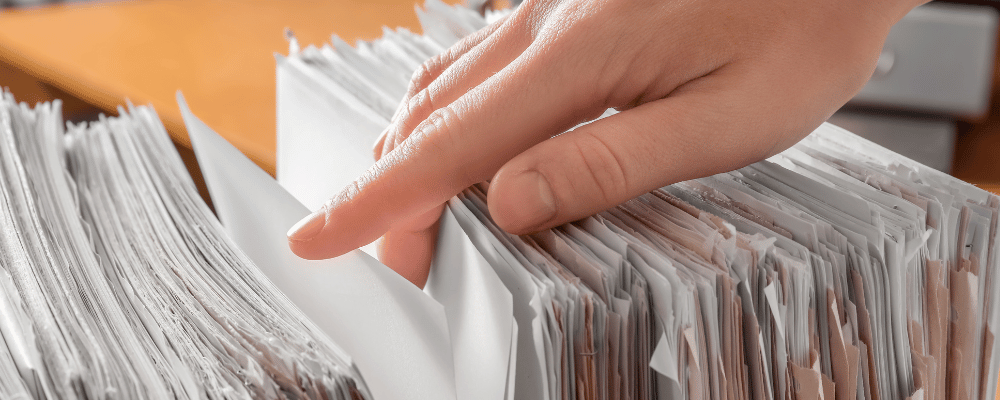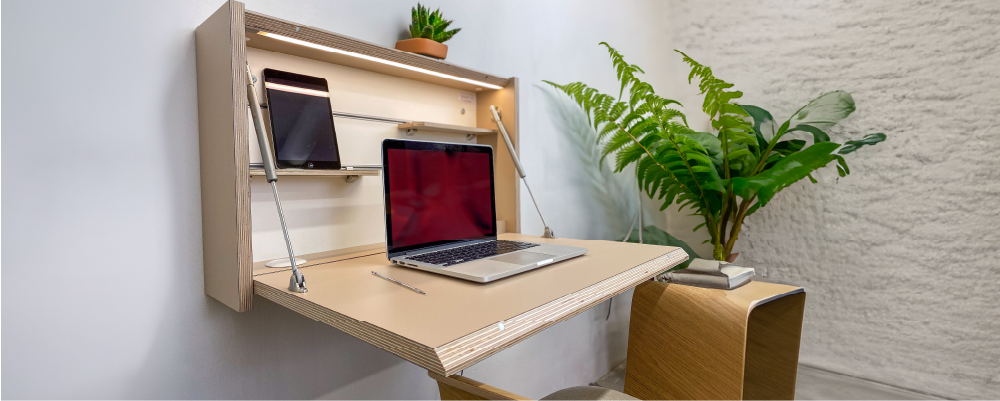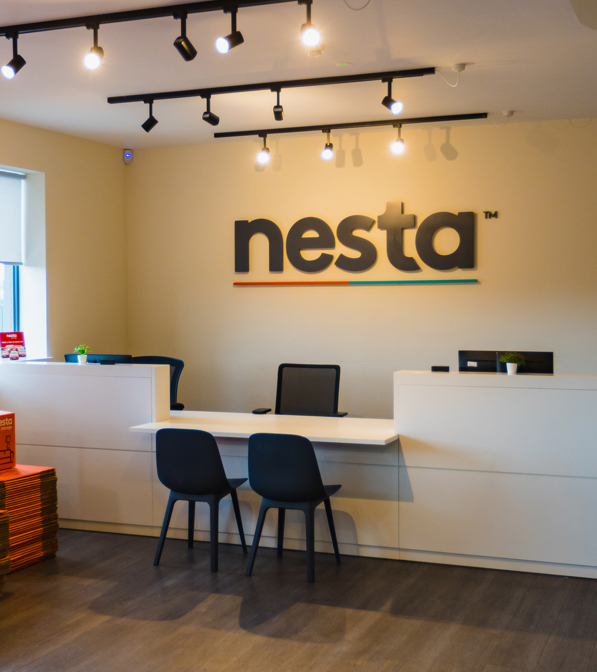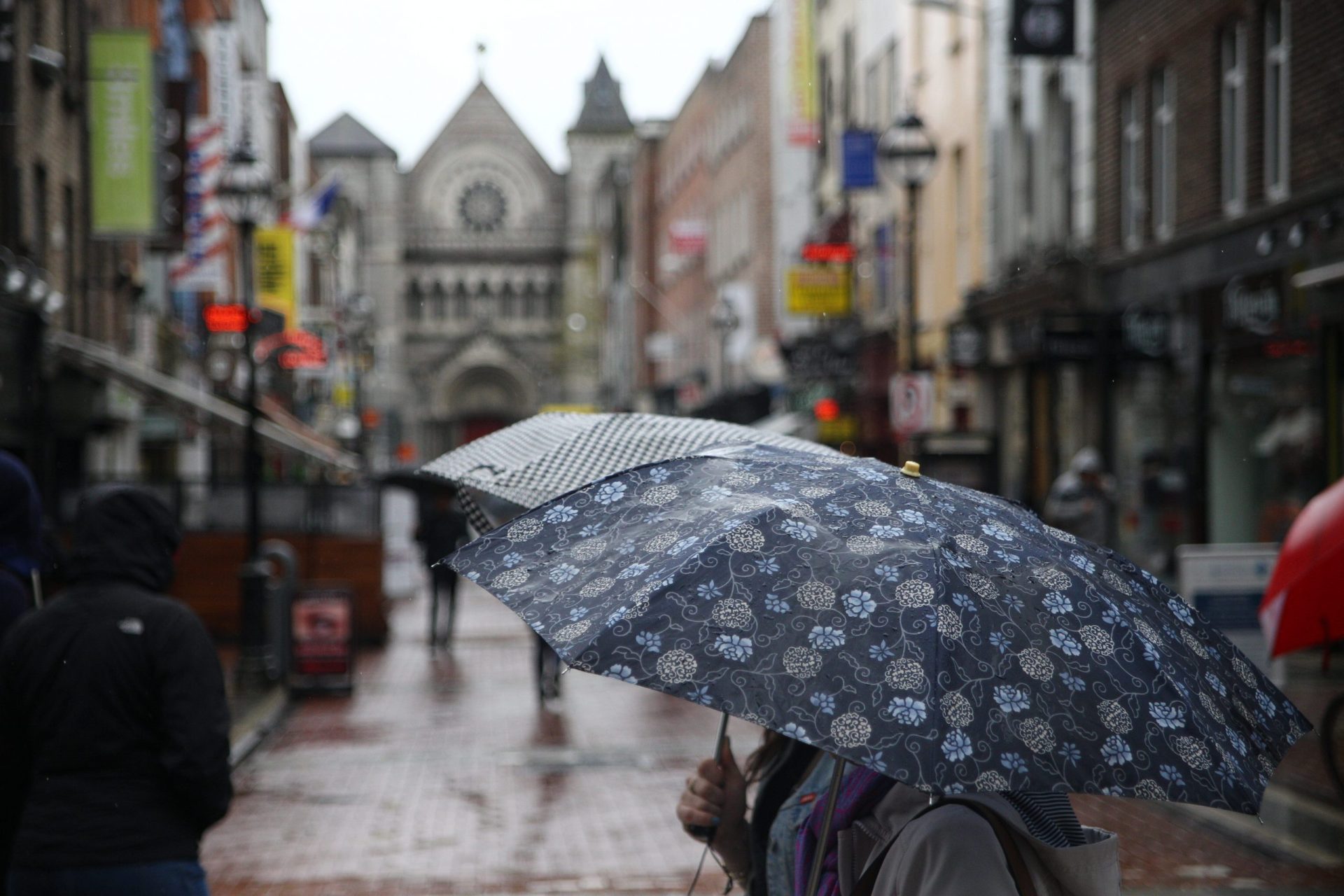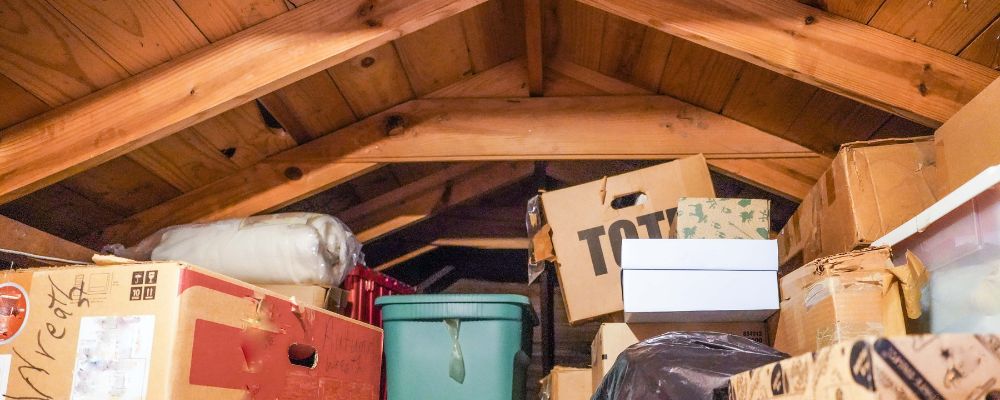How Much Does it Cost to Build a House in Ireland? Plus Steps for a Smooth Build
Struggling to find your dream home in Ireland? Decided to take matters into your own hands? Building your house lets you bring your vision to life and tap into your inner Michelangelo!
It’s a fun and exciting project to take on – OK, maybe with a smidge of stress and perhaps a rather large price tag – but you’ll be left with a result you can appreciate every single day.
We’ve done a deep-dive to help you figure out what the cost of building a house in Ireland is.
Read on to get an idea of the average cost of building a house here in Dublin and throughout the nation, as well as some simple steps to make your dream a reality.
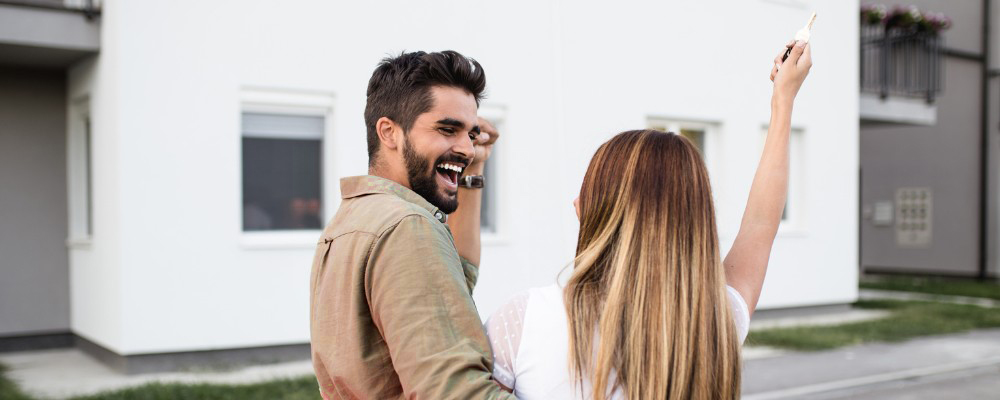
What is the Cost of Building a House in Ireland?
According to the Society of Chartered Surveyors Ireland (SCSI), the average cost of building a 3-bedroom house in Dublin is €371,311. Other estimates place the costs at €2,500 to €2,800 per square metre for building a house in Ireland.
Bear in mind, these are just average estimations, and lots of things will impact the final cost of building your home. If you want to go all out and build your own mini-castle, you’ll rack up a huge price tag; if you build a modest home in an expensive area, it could still cost a small fortune.
The good news is that building a house could still be cheaper than buying one — or at the very least, around the same price — if you budget it just right.
Key Factors Influencing the Cost of Building a House in Ireland
Several critical aspects can dramatically influence how much you’ll spend on building your dream home.
From the location of your site to the type and size of your house, each factor plays a significant role in shaping the overall budget.
Let’s take a closer look at the key considerations in more detail:
1. Geographic Location
The location of your build significantly impacts your budget. Land prices vary widely across Ireland, with sites in Dublin and other urban hubs often exceeding €200,000.
Conversely, rural locations may offer land for a fraction of the price. Labour costs also fluctuate depending on the area, with urban regions commanding higher rates due to greater demand.
2. Type of House
The design and complexity of your home will greatly influence costs. A simple, single-storey house is typically more affordable to construct than a multi-storey, architecturally intricate design.
High-end materials or unique features can also increase purchase cost expenses.
3. House Size
Unsurprisingly, the size of your house directly affects costs. A larger home requires more materials, labour, and time to complete.
To keep expenses manageable, consider your family’s needs and strike a balance between space and budget.
4. Material Costs
Material prices fluctuate based on market conditions and availability. Imported or specialised materials will cost more than locally sourced, standard options.
To save on material costs, consider using sustainable and cost-effective materials wherever possible.
5. Labour Costs
Labour is a major expense in any construction project. Rates vary by location and the complexity of the build. Skilled professionals, such as electricians and plumbers, can charge premium fees, particularly in urban areas. Obtaining multiple quotes and hiring reputable contractors can help manage these costs.
6. Planning and Legal Fees
Planning permission fees range from €65 to €1,000, depending on your location and the type of development. Don’t forget additional costs like building control fees, stamp duty, and legal services for finalising contracts and site purchases.
7. Unexpected Costs
Building projects often encounter unforeseen expenses. It’s wise to set aside a contingency fund, typically 10% of your overall budget, to cover unexpected hurdles such as material shortages or weather delays.
When you’re budgeting for your new house, make sure you set aside extra cash as a contingency. Hurdles are bound to come up during the building process, so having an emergency fund is good practice.
For building the average house in Ireland, you can spend as much as €15,000 on unexpected costs.
| Expense | Price |
| Building a 1-Bedroom House | €153,067 |
| Building a 3-Bedroom House | €371,311 |
| Building a 5-Bedroom House | €605,067 |
| Site Costs | €30,000 – €100,000+ |
| Planning Permission Fees | €65 – €1,000 |
| Furnishing Costs | €5,000 – €10,000+ |
| Unexpected Costs | €15,000 |
Table of average estimated costs for building a house in Ireland
Simple Steps to Build a House in Ireland
Building a house is no walk in the park, and it’s best to consult a range of experts throughout the process, but we’ve created a simple guide to get you started. Read on for our list of simple steps to building a house in Ireland:
Step 1: Secure Your Site
Start by selecting and purchasing a site. If the land already includes planning permission, it can save you time and effort.
Otherwise, you’ll need to apply for permission through your local authority.
Step 2. Design Your Home
Collaborate with an architect or design professional to create detailed plans for your home.
A well-thought-out design can prevent costly changes down the line. Ensure your plans meet building regulations and local requirements.
Step 3. Get Planning Permission
Getting planning permission is a legal must-do, but sometimes, you can catch a break. Some sites might come with planning permissions already sorted out when you buy them. Your estate agent can hand you a reference, and you’re good to go.
That means someone else has already done the legwork, like submitting plans for the house with all the room details and estimated square footage. They might even give you a rough idea of how much it’ll cost to build. It’s a handy shortcut that still lets you build the house the way you want it.
If you’re starting from scratch to have complete creative control, you’ll have to apply for planning permission from your local authority and submit the plans for your home, as well as other necessary docs, for approval.
You should set up a meeting beforehand to understand any restrictions and requirements for building in your area to ensure the approval process goes smoothly. Bear in mind that it can be harder to secure planning permission in certain parts of the country compared to others.
Step 4: Finance Your Build
You can apply for a special type of mortgage to finance your build — this is called a self-build mortgage, which is specifically designed for families and individuals who want to build their own homes.
In order to qualify for this kind of loan, lenders will assess your financial situation, credit history, and the feasibility of the self-build project before approving the mortgage.
While a self-build mortgage can cover most of the cost of building your home, you’ll need to make some contributions out-of-pocket.
Self-build mortgages can be more complex than traditional mortgages, and the application process may involve additional documentation and requirements. The interest rates and terms may also differ from standard mortgages.
There are also grants available for building a house in Ireland, such as the Help to Buy (HTB) scheme.
Step 5: Enlist Contractors to Build the Home
You’ll need to enlist a long list of contractors for the construction of your home, including electricians, plumbers, carpenters, and of course, builders. We suggest you shop around and put out feelers for recommendations to see who meets your needs and budget. Keep a keen eye on the construction process to make sure all is going well.
Set a timeline for when you’d like the project to be complete, but keep in mind that you might have to be flexible, especially if obstacles arise in the process.
Stay involved in the building process to ensure timelines and budgets are adhered to. Regularly communicate with your contractors and resolve any issues promptly.
Once the main structure is complete, you can become more creative with the final touches, like painting, tiling, and installing fixtures and fittings.
Step 5: Finalise the Project
Once construction is complete, you’ll have to get a certificate of compliance from your local authority to confirm that all building regulations have been met. You’ll also have to finalise all legal paperwork, contracts, and payments to contractors.
Step 6: Make Your House a Home
Once your house is complete, it’s time to fill it up with everything you need (and want)! Secure the essentials, like beds, couches, and a dining table; once you’ve got that covered, you can start making your house feel like a home with the special touches.
Bringing beloved furniture and sentimental items from your previous home? You can store them in a self storage unit while you’re busy with construction and staying in transitional accommodation. This storage solution is also handy if you’ll be downsizing with your new home.
Choose Nesta Storage During Your Build
Building a house can be a long and complex process, and having a reliable storage solution can make all the difference. Whether you need space for furniture, materials, or sentimental items, Nesta Self Storage offers flexible, secure options to suit your needs.
With six convenient Dublin locations and a variety of unit sizes, we’re here to support you every step of the way.
Need some help as you take on this ambitious challenge? Nesta Self Storage is here for you! Our premium self storage facilities are located in six fantastic locations throughout the heart of Ireland’s capital, offering a range of units, and all the essential packing materials you could need.
To learn more, give us a call at 1800 77 22 33, visit your nearest facility for a tour or get a free self-storage quote online and discover why Nesta is Ireland’s trusted choice for premium storage solutions.
Let’s help you build your dream home with peace of mind!
Related Posts
- July 22, 2025|1 min read
